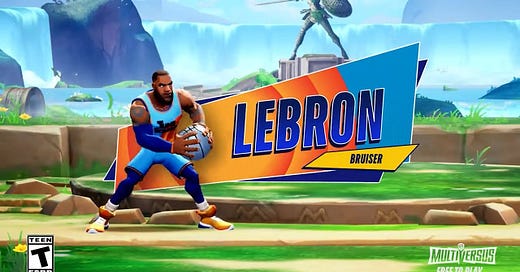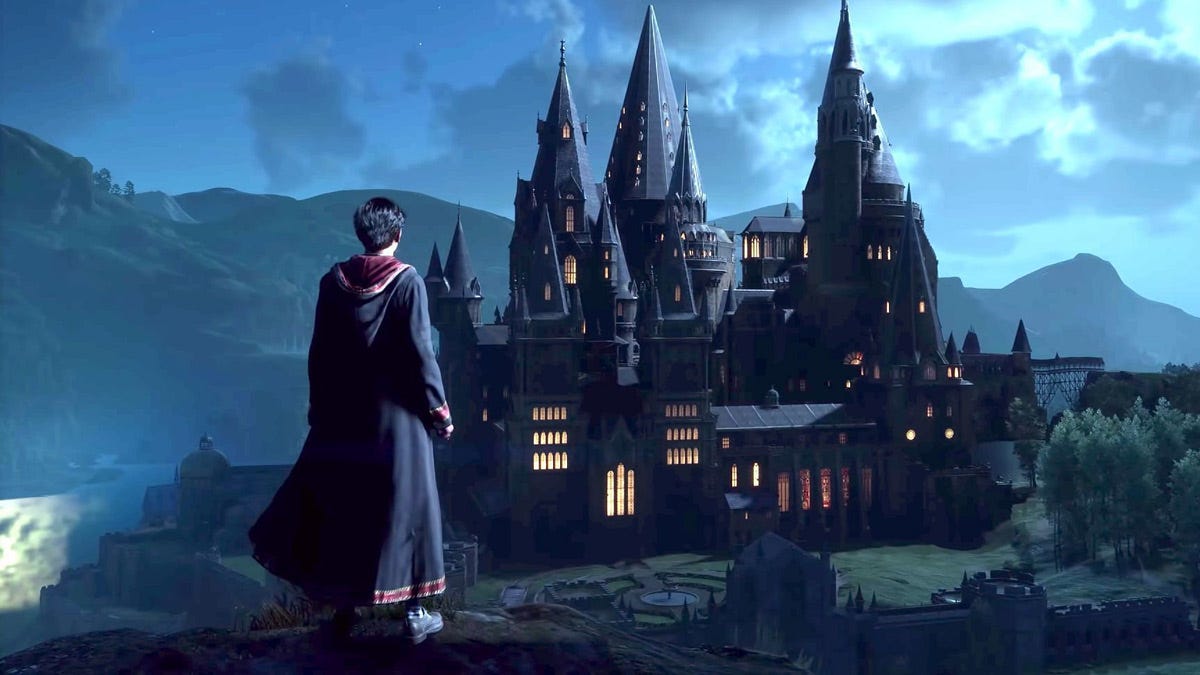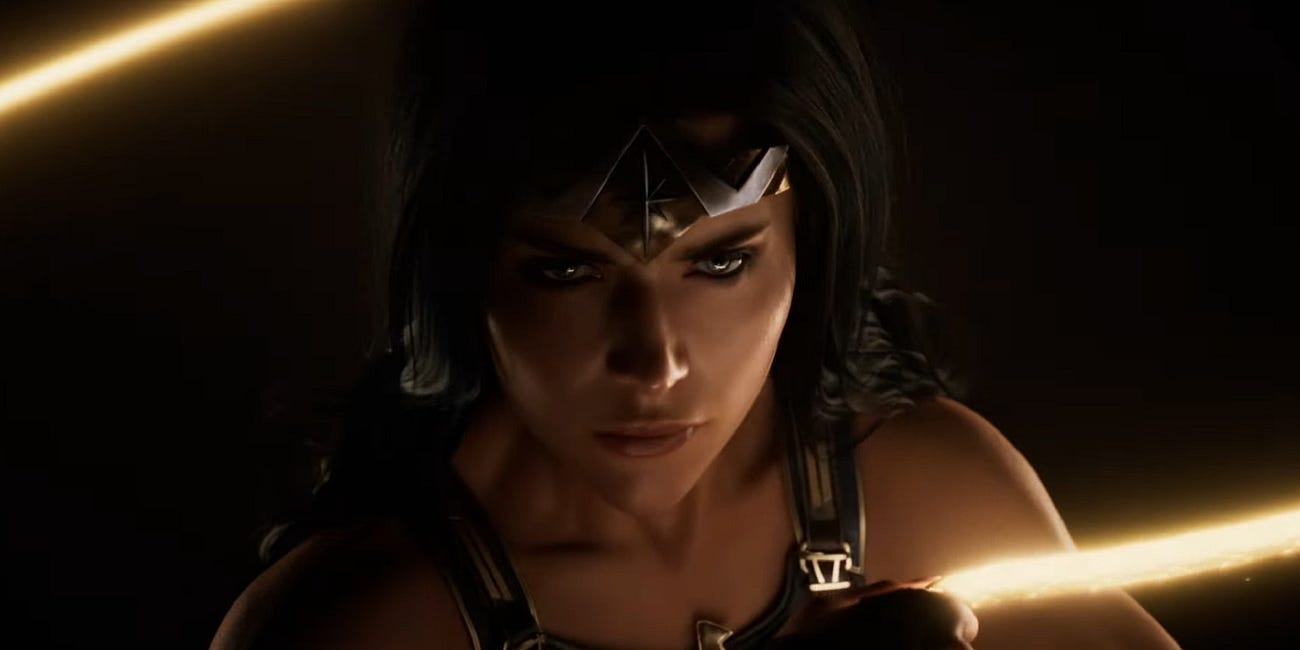Following a $300 million loss in their gaming division, Warner Bros. live-service plan has been switched off
A multiverse of sadness mars the house that Hogwarts maintained.
For a number of righteous causes, David Zaslav is recognised as public enemy number one within the entertainment industry. Since adorning himself in the exhumed remains of Warner Bros., delivered to the depths of debt by AT&T’s fatally misguided $85 billion acquisition, Zaslav’s name has become synonymous with cold corporate jargon, anti-creator practices, and outrageous compensation packages. Aside from his recent public musing over the possibility of further media consolidation in light of the coming Trump administration, Zaslav noted the drastic underperformance of his company’s gaming division - MultiVersus’ muted relaunch eventuated in a $100 million loss, whilst Suicide Squad: Kill the Justice League eliminated $200 million. In March of this year, WB’s CEO for global streaming and gaming, JB Perette, believed free-to-play and mobile titles proposed greater fiscal security than commercial, Triple A titles; he characterised the latter as volatile.
MultiVersus’ implementation of Black Adam represented synergy gone awry - still, you can play as LeBron James.
However, against this pair of critical calamities, WB have signified a pivot from their erstwhile model of launching several titles of a live-service persuasion at once, instead prioritising their four core brands in Harry Potter, Game of Thrones, Mortal Kombat, and DC - in particular Batman. That Warner Bros. has failed to retain the courage of its convictions, however, is not terribly surprising. With $40.7 billion of gross debt to their name, brandishing a gaming division in the red in spite of its coveted IP is a damning indictment upon their corporate faculties. Granted, Suicide Squad was inherited from a prior administration, yet refusing to reevaluate its standing against competitors, thus delivering a protracted product incapable of cultivating an active community, is of their own hands.
Nevertheless, Hogwarts Legacy - a narrative title set within the Harry Potter canon - was the best-selling game of 2023, selling a cumulative total of 30 million copies to date. Its depiction of the titular academy was a miraculous crossover success, bearing an improbable Switch port that made it accessible to the widest berth of players conceivable. In spite of their acute reservations regarding the instability of the Triple A market, Hogwarts’ recognition as a complete, considered object - rather than a truncated curio in MultiVersus - raised its consumer viability. The formula is rather clear: the developers took a known commodity, built a sound skeletal basis for its setting, and delivered light RPG elements to further immerse players within its beloved corridors, grounds, and surrounding towns. The Rocksteady of old achieved this through Batman: Arkham Asylum, understanding the roots of its source material in rendering an interactive graphic novel with the rhythms of a taut brawler and a deductive thriller.
Hogwarts Legacy’s bricks were built by Unreal Engine 4, immersing players to a greater end than virtual Lego bricks.
Warner Bros.’ 180° on their regard of live-service titles is an internal revelation, rather than a consumer request. Evidently, players will abide by games delivered through a service model, particularly evinced by Fortnite’s stratification of its genres - Lego inclusive, an interactive property that Warner Bros. once had almost to themselves. Sanctioning a patchwork looter-shooter featuring a team of periphery villains and gameplay elements grafted from known titles, however, will not accumulate credibility from your audience. Irrespective of recent missteps, their suite of brands reserve a notable wealth of cultural cachet; a return to the ArkhamVerse in more auspicious terms would be received with rapturous renown.
Save for Monolith’s upcoming Wonder Woman adaptation, their slate of upcoming games is entirely empty. In the distance, upon a magical mound, Hogwarts Legacy 2 awaits; DC’s equivalent is not yet known. Quietly, a free-to-play Quidditch title, excised from Hogwarts Legacy, is flying along, though it was namechecked as a disappointment alongside MultiVersus. Perhaps the future of monetisation is in its past: charging a premium entry fee for a complete experience, rather than opening the gates first and limiting attractions one at a time.
Monolith Productions' Wonder Woman appears to be invisibly jetting itself towards an announcement at The Game Awards
Were you to cast the Lasso of Truth around Warner Bros. Games, before interrogating them on the state of their DC adaptations, their concessions would be rather grim.







Nice article!
I honestly don't understand the difference between 'triple-a' and 'live service' if both come from a major studio and cost many millions to produce. 'Live Service' is just a broader euphemism for multiplayer with ongoing support and content. I think the studios' use of jargon is starting to confuse them.